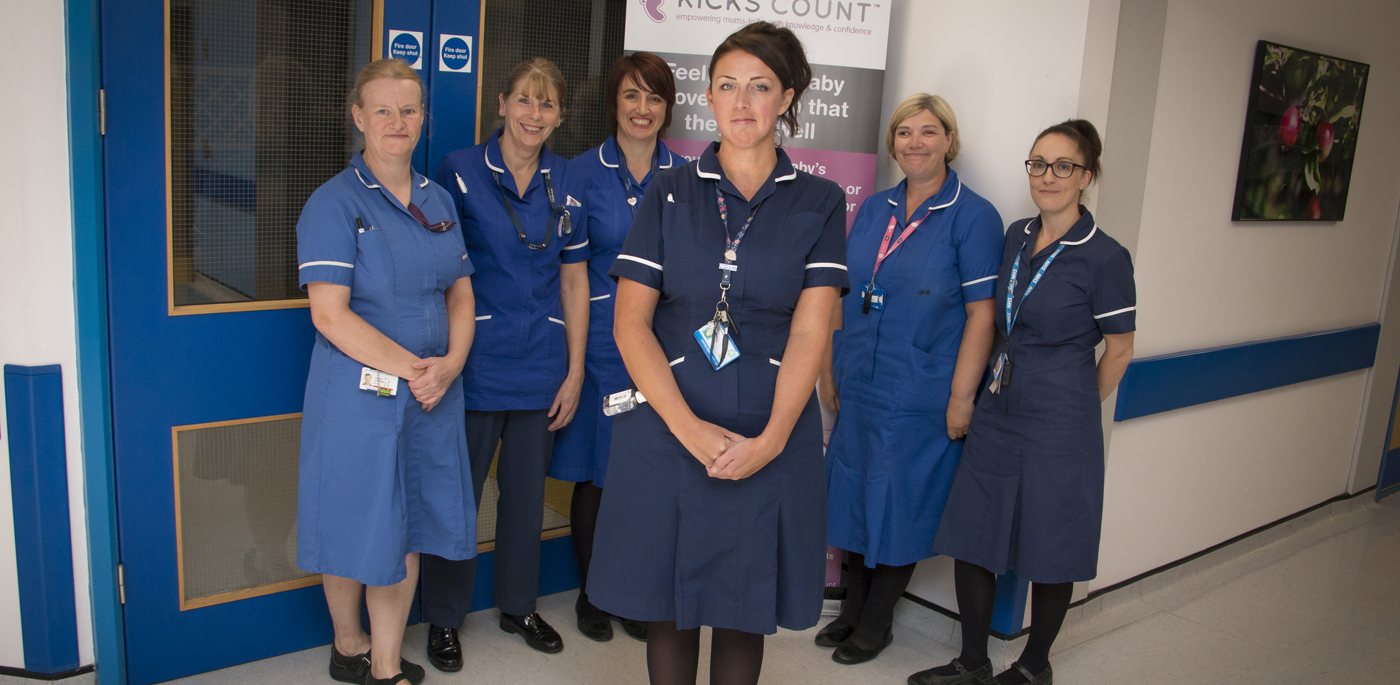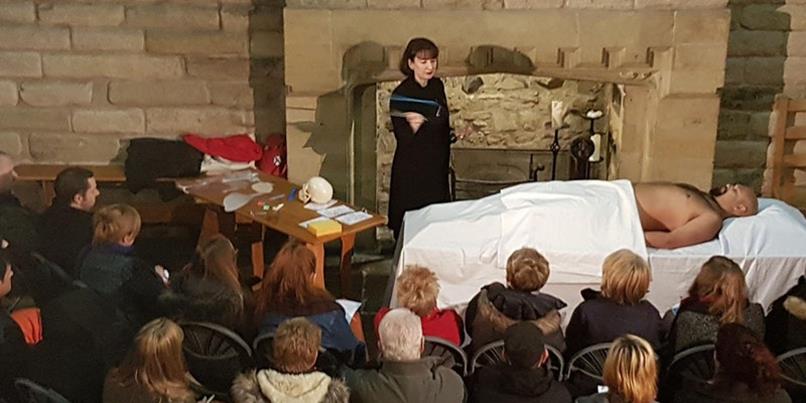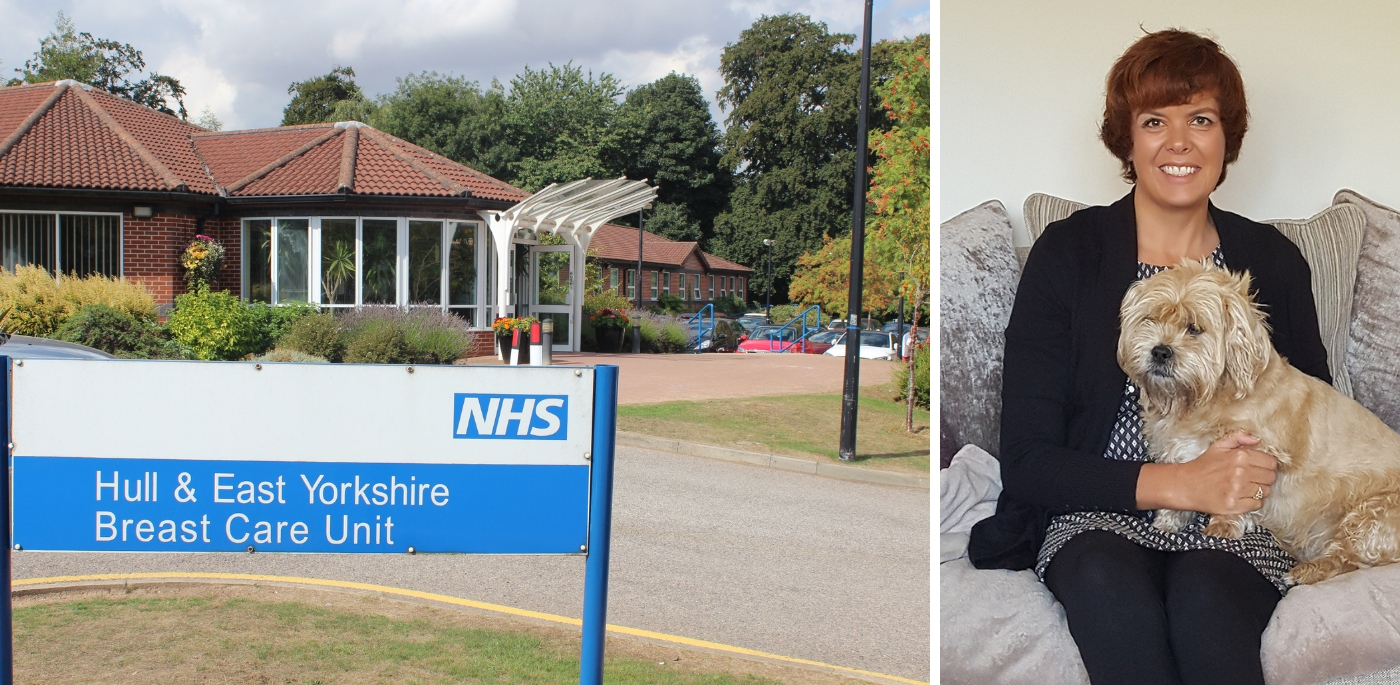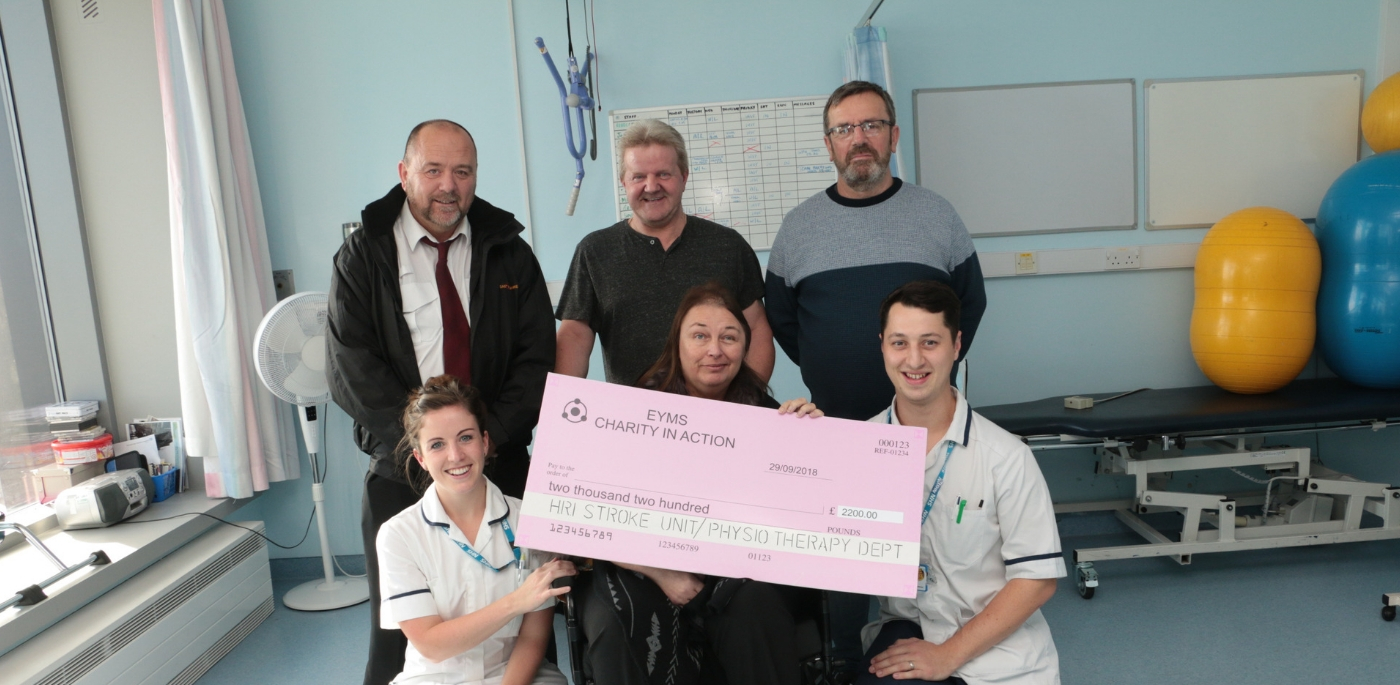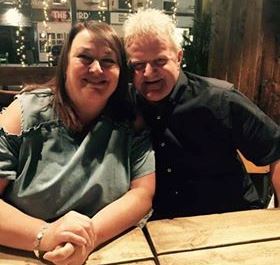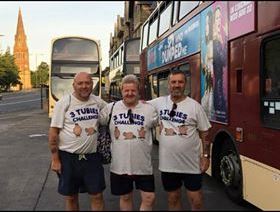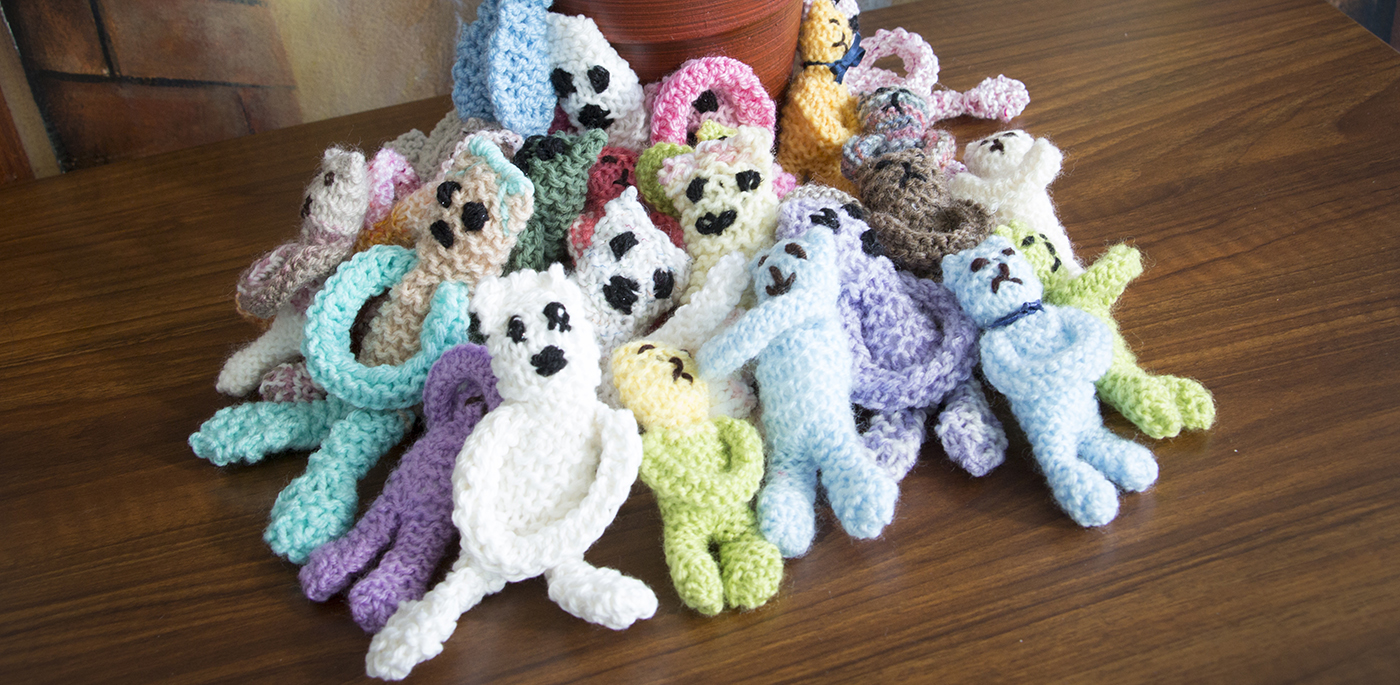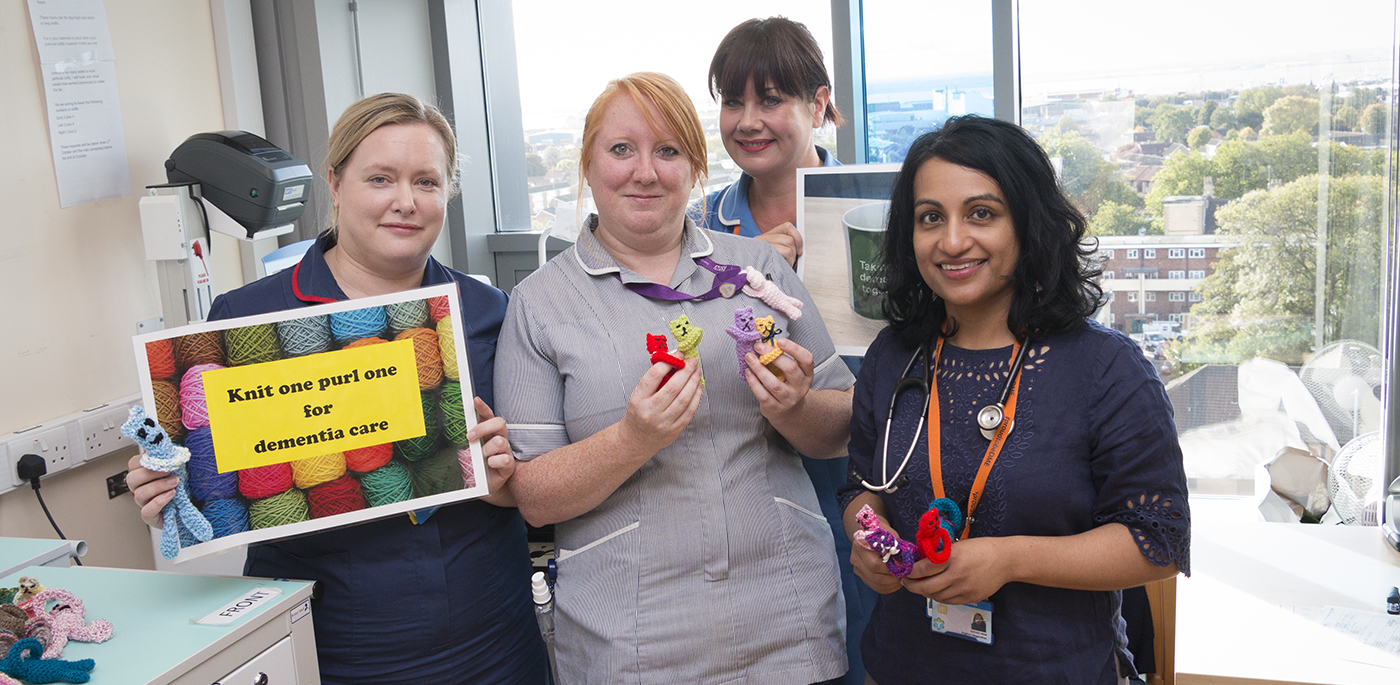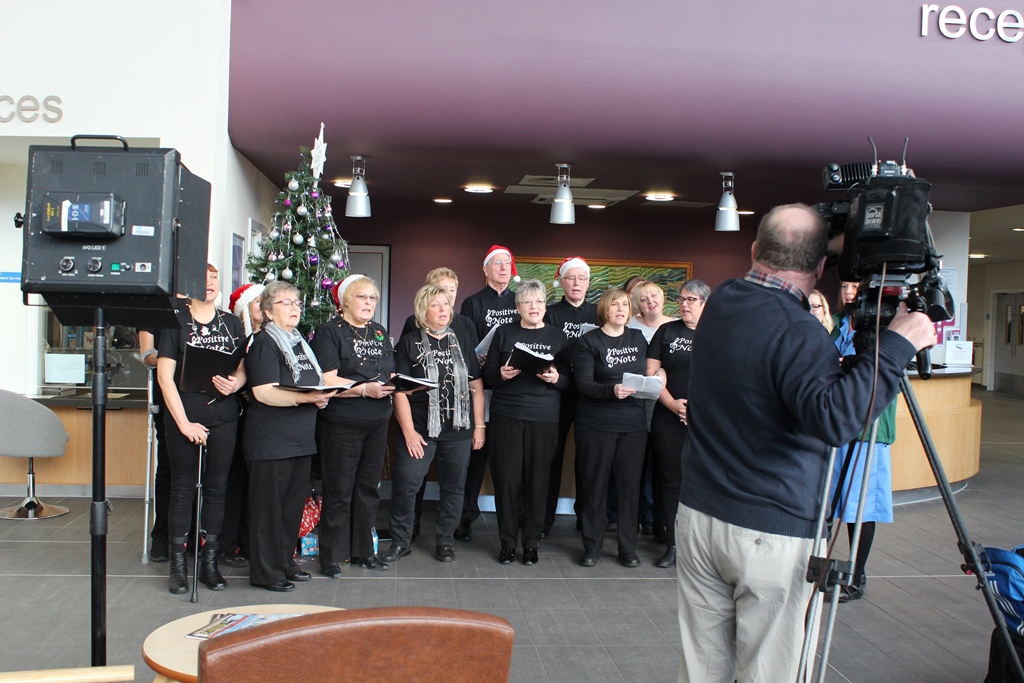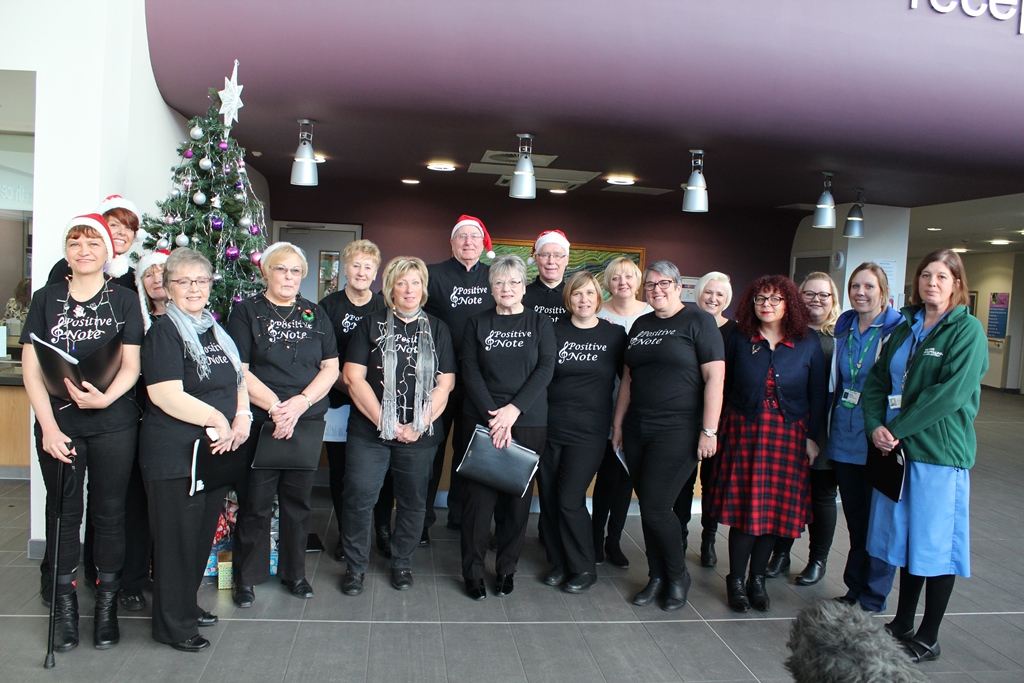Every family member can play a part in reducing the number of babies lost to Sudden Infant Death Syndrome, a mum has said.
Jennifer Wakefield’s son Ralph died when he was just six months-old, one of 17 babies to die from Sudden Infant Death Syndrome in Yorkshire and the Humber that year.
Now, Jennifer works with the midwifery team at Hull Women and Children’s Hospital to give parents safer sleeping guidance before and after their babies are born.
As part of Baby Loss Awareness Week, Jennifer said it was important fathers, partners and grandparents help to reduce known risk factors around SIDS.
She said: “Safer sleeping is not just the responsibility of mothers.
“Babies die outside of their normal environments, such as when they’re visiting grandparents, sleeping in their push chairs or even when they’re in car seats.
“Following advice over co-sleeping, not sleeping with babies on sofas, not using cot bumpers and removing teddies from cots and prams are all things that can be done by all family members to reduce the risk of SIDS.
“By working together to deliver a consistent message to families, we can stop more babies dying.”
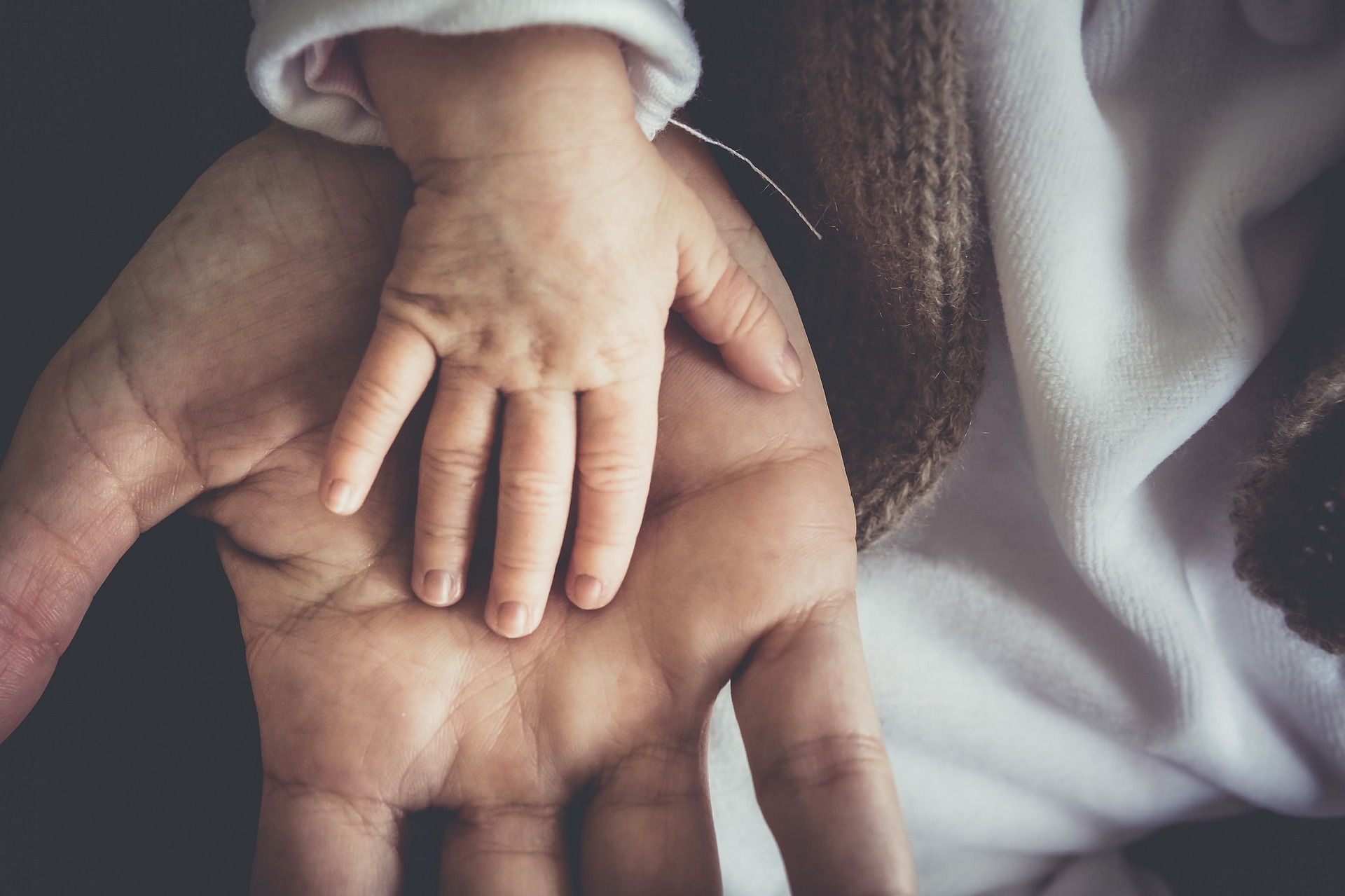 SIDS claims the lives of around 240 babies in the UK, with five dying every week.
SIDS claims the lives of around 240 babies in the UK, with five dying every week.
Around 85 per cent happen in the first six months of life and boys were at a slightly higher risk than girls – 52 per cent compared to 48 per cent – in 2016, the latest available figures.
Mothers under 20 were three times more likely to lose their babies to SIDS compared to any other age group in that year.
Sleeping on a sofa can increase the chance of SIDS by up to 50 times while sharing a room with your baby for the first six months of their lives can halve the risk.
However, the number of babies dying of SIDS has reduced by 79 per cent following the Back to Sleep campaign in 1991, where parents were encouraged to put their babies to sleep on their backs following the death of TV presenter Anne Diamond’s four-month-old son Sebastian.
Parents-to-be attending HEY Baby Carousels at Hull Women and Children’s Hospital, held on the last Wednesday of every month, are given information of safer sleeping and can watch a practical demonstration so they know how to look after their baby safely.
Head of Midwifery Janet Cairns said: “SIDS is rare so it’s important not to let worry spoil your enjoyment of your baby’s first few months of life.
“However, being aware of the dangers and taking action to reduce the risk are sensible steps all parents and those involved in looking after the baby can take.
“Our team of midwives and child care experts give parents-to-be practical advice on safer sleeping so they can be assured that they are doing all they can to keep their baby safe.”
While it is not known why some babies die, it has been proved that exposing a baby to cigarette smoke or allowing them to overheat increases the risk of SIDS. Sleeping with your baby on a bed, sofa or chair has also been linked to the deaths of babies.
Parents can reduce the risk of their baby dying by following this advice.
- Place your baby on their back to sleep and keep them in a cot in the same room as you for the first six months of their lives
- Don’t smoke during pregnancy or when you’re breastfeeding and don’t allow anyone to smoke in the same room as your baby
- Don’t share a bed with your baby if you’ve been drinking, taking drugs or if you smoke
- Don’t let your baby get either too hot or too cold
- Don’t sleep with your baby in an armchair or sofa
- When putting your baby in their cot or Moses basket, put their feet at the end of the cot or basket so they can’t wriggle down under their blanket.
- Always keep your baby’s head uncovered. Tuck their blanket in no higher than their shoulders.
- Do not use cot bumpers or place teddies inside cots, prams, push chairs or car seats



